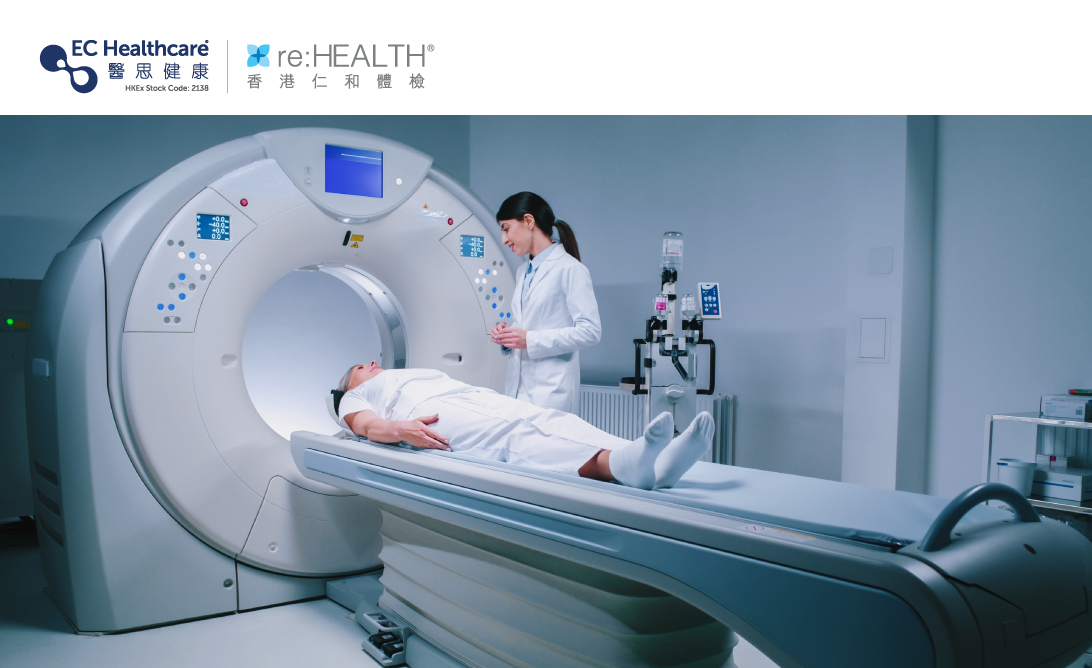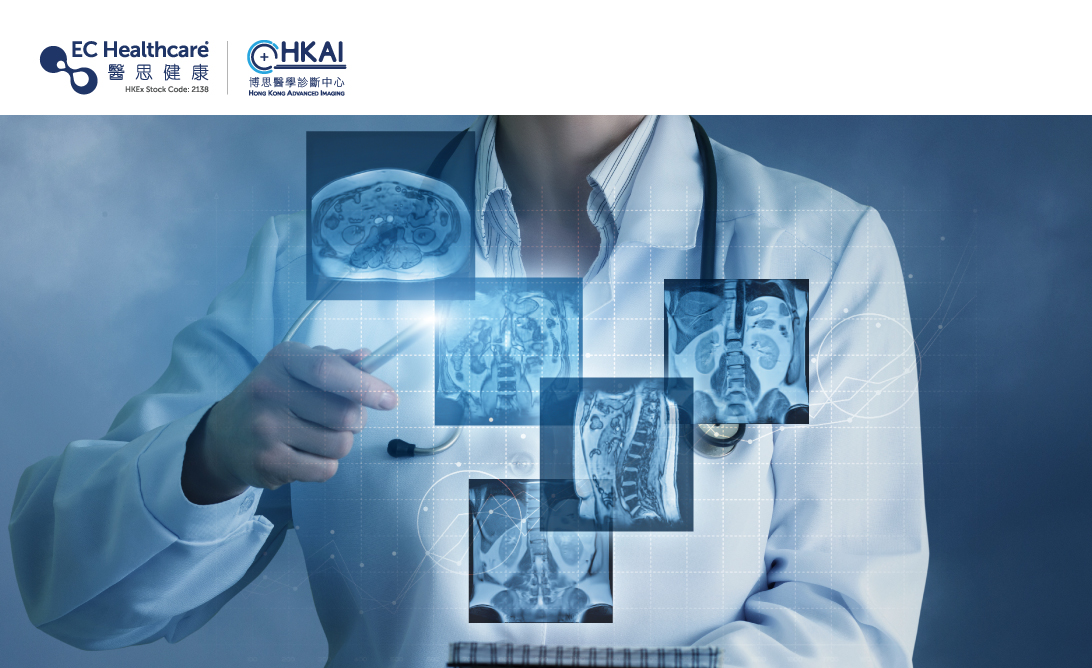MRI: A Comprehensive Guide to Diagnosis of 10 Major Health Conditions


Magnetic Resonance Imaging (MRI) is a commonly used medical imaging technique that can diagnose and evaluate a wide range of health conditions. However, many people are often taken aback by the cost of this examination, wondering, "Why is it so expensive?" What diseases can be diagnosed or assessed through MRI? What is the underlying principle and purpose of this imaging method? How many steps are involved in the MRI process? And why is a contrast agent sometimes necessary? In the following article, we will provide you with a comprehensive understanding of MRI, the medical imaging technique that plays a vital role in diagnosing various health conditions.

How does MRI work?
MRI utilizes a powerful magnetic field and radio waves in conjunction with sophisticated computer technology to capture detailed images of organs and tissues within the body. These images, composed of shades of black, white, and gray, are obtained from multiple angles. Unlike X-rays and CT scans, MRI is a radiation-free medical imaging technique that is safe, accurate, and painless. The principle behind MRI involves placing the body in a strong magnetic field and using radio waves to excite the hydrogen atoms within the body, causing them to rearrange and emit unique resonance signals. These signals are then processed by the MRI computer system to generate detailed structural images and information.
What conditions can MRI diagnose?
MRI has a wide range of applications in medicine and excels in scanning soft tissues and neural structures. Doctors can clearly visualize fat, muscles, water content, and other soft tissues in the images, enabling more precise diagnoses of patients' conditions. Therefore, MRI is frequently used to examine organs such as the heart, blood vessels, brain, muscles, joints, and spinal cord, as well as to monitor changes in tumors, cartilage, and fatty liver. Here are common diseases that can be diagnosed using MRI:
Cardiovascular: Myocardial infarction, Cardiomegaly, Congenital heart defects, Cardiac valve abnormalities
Brain: Stroke, Alzheimer's disease, Brain hemorrhage, Brain tumors, Brain infarction, Meningitis, Epilepsy
Nervous System: Nerve injuries, Hereditary neurological disorders
Spine: Herniated discs, Degenerative/spinal deformities, Spinal cord compression, Spinal inflammation, Spinal stenosis
Skeletal & Joints: Arthritis, Fractures, Bone tumors, Cartilage injuries, Osteomyelitis, Cruciate ligament injuries
Muscles & Soft Tissues: Muscle injuries/tears, Muscular dystrophy, Soft tissue tumors, Fibroids, Tendon sheath cysts
Breast: Breast cancer, Fibroadenomas, Breast cysts, Mastitis
Abdomen & Pelvis: Organ lacerations/ruptures, Ulcerative colitis, Kidney diseases, Liver abnormalities, Abdominal tumors
Gynecological: Uterine fibroids, Ovarian tumors, Pelvic inflammatory disease, Endometriosis
Urinary System: Nephritis, Bladder tumors, Renal cysts, Prostate enlargement, Urethral stricture, Cystitis
How long does an MRI scan take? What preparations are needed?
The duration of an MRI scan can range from 15 to 90 minutes, depending on the specific body part or type of scan required. During the scan, the patient simply needs to lie still on the examination bed. However, it's important to note that MRI scans involve a strong magnetic field and can be noisy, which may cause discomfort for some individuals. To ensure a smooth and successful scan, it is necessary to follow the following instructions before the examination:
.Avoid wearing makeup
. Remove all metallic items from your body, including eyeglasses, watches, hearing aids, underwire bras, and jewelry
. Change into a patient gown
. If you are scheduled for a cardiac or gallbladder examination, your doctor may instruct you to fast or temporarily stop taking cardiovascular medications before the scan
To ensure your safety and obtain accurate imaging results, it's crucial to inform your doctor or radiology staff about any of the following conditions before your MRI scan:
. Claustrophobia
. Kidney diseases, e.g. kidney failure, impaired kidney function, or have undergone kidney surgery
. Possibility of pregnancy or if you are currently pregnant
. Implanted devices, e.g. pacemaker, defibrillator, artificial heart valve, or brain neurostimulator
. Any metal instruments, implants, or devices in your body, such as dental braces, tooth implants, clips, artificial joints, cochlear implants, or intrauterine devices
. Work or have worked in the metal industry
. Have been injured by metal fragments or bullets
. Past/Present tattoos or eyebrow microblading
. Allergies to contrast agents or medications
When is a contrast agent used in an MRI, and is it risky?
In most MRI scans, the use of a contrast agent is not necessary. However, in certain cases such as tumor evaluation, magnetic resonance angiography (MRA), and detecting inflammatory or infectious lesions, healthcare providers may consider administering a contrast agent before the MRI scan. This helps enhance the contrast and visibility of blood vessels, tumors, tissue responses, lesion extent, and severity, enabling doctors to better detect and assess the risk of abnormalities.
According to clinical experience, as long as kidney function is normal, the use of a contrast agent (gadolinium) in MRI is considered safe. The majority of patients eliminate the contrast agent through their kidneys within 2 hours after injection. Only a very small percentage, about one in ten thousand, may experience mild side effects such as nausea or vomiting. However, it is crucial for patients with kidney disease or a history of gadolinium allergy to inform their doctor and the radiology staff in advance.
Who should undergo an MRI scan?
With the exception of pregnant women in their first 12 weeks, anyone can undergo an MRI scan. MRI scans with contrast are suitable for individuals experiencing prolonged, unexplained headaches or body pain, pain or swelling due to injury, or those suspected of having abnormal head structures or brain disorders. Individuals with a family history of high blood pressure, diabetes, cancer, or other hereditary diseases may also consider an MRI scan to detect organ and tissue abnormalities using advanced MRI technology and identify potential risks of stroke or tissue tumors.
"Comprehensive MRI Health Check Program"
Introducing the "Comprehensive MRI Health Check Program" by EC Healthcare, the largest non-hospital medical service provider in Hong Kong, and its subsidiary, re:HEALTH. This program offers a wide range of assessments and screenings across 13 categories, including whole-body MRI scans (brain, neck, chest, abdomen, and pelvis), blood tests, lipid profile, liver and kidney function, urine and stool analysis, and more. Within 14 days of completing the examination, you'll receive a comprehensive report detailing the results. Moreover, registered doctors are available to provide a detailed explanation of the findings. This program offers a thorough and accurate assessment, providing you with peace of mind and a deeper understanding of your health.
Disclaimer: This article is prepared by an independent third party and is not sponsored. The content provided is solely for informational purposes and should not be considered a substitute for professional medical advice, diagnosis, or treatment. It does not represent any specific viewpoint. In the event of any discomfort or health issues, it is advised to seek medical attention promptly.
Related Brands










